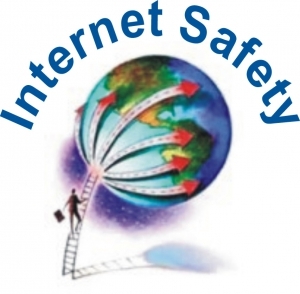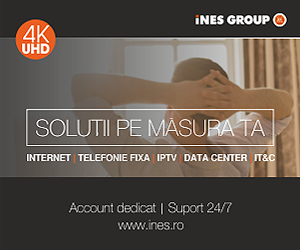
I know many young people are here today. And others too: parents, teachers, the industry, the Polish EU presidency, non-governmental organisations, law enforcement bodies, and researchers. We are all gathered together because we are committed to the same thing: to make the Internet safe and fun for youngsters.
First of all, to all the children. You've probably heard other people say before that the Internet can be a great place for children. I agree! It opens a whole world of opportunity. You can talk, network, or send instant messages, chat with friends all over the world. You can share photos, games, ideas; create blogs or websites. You can play. And you can also learn, because a world of information is just a few clicks away. When the adults around you were growing up, when they were your age, they did not have those opportunities. We have taken a great step forward.
But for the Internet to be a great and positive experience, you must be able to tell which online material is true and which isn't. You should be capable to judge which kind of photos and personal information you should put online, and which you should not. You should be able to understand what privacy means– that is why it is valuable, and how you should preserve it.
And, really, being safe and responsible online is just like being safe and responsible in "real life". So while you could maybe teach them a few things about the latest smartphone, gadget or website, they could also teach you something about how to stay safe online so you get the most out of it. It's about connecting generations and discovering the digital world together, safely.
At the same time, I want to hear from you. What's the best way to get kids to be creative online? What information would you like to see? What tools would help you or younger children have a safe and fun time online?"
.jpg)
"The digital environment is evolving quickly - and so must we. On average, children in Europe now start going online when they are seven. 38% of online 9 to 12 year olds have a social networking profile, in spite of age restrictions. And more than 30% of children who go online do so from a mobile device. This change brings new opportunities and challenges for all of us– governments and industry, young and old.
I want everyone involved in this process, hotlines, industry and law enforcement bodies, to come up with concrete suggestions for how this can be changed. I will follow the results of these discussions closely.





